Located Inside Rexall, 505 Rymal Rd E, Hamilton, ON L8W 3X1
The reason for Vertigo can be seen with a traditional test. In many cases, the vestibular round is attributed to a small structure in the inner ear called "vestibular organ". The vestibular organ processes balance and the senses that control eye movements. When they become unbalanced as crystal displacement, it can give rise to dizziness, dizziness, imbalance, vision problems, nausea among other disorders in your daily life.
Many patients are diagnosed with the "benign paroxysmal position tigo", which is caused by internal earbalance, and your treatment options can be discussed with your doctor. Other common causes are: maze (inflammation) and vestibular neuritis (inflammatory nerve), secondary endolimetchidrops (autoimmune disorders) and perilimf fistula (tear or defect). Westbular disorders include suiterorican dehisans (hearing and balance problems), acoustic neuroma (tumor in the inner ear), otatoxicity (inner ear poisoning) and increased vestibular avuduct syndrome (exterior ear enlargement or deformity). As everyone is in medical, medical, surgery or combination.
The vestibular rehabilitation is a special branch of physiotherapy focusing on the treatment of disorders in the vestibular system, which is responsible for maintaining balance and spatial orientation. Through targeted exercises and remedies, the purpose of vestibular rehabilitation is to reduce symptoms such as dizziness, dizziness and imbalance, which helps individuals to achieve quality of life and freedom. In Sterling Physiotherapy Hamilton, we offer excellent vestibular rehabilitation services in the Etobicoke region, providing effective treatment for a wide range of vestibular conditions.
Sterling is here to identify the roots of our kind employees and licensed physiotherapists in physiotherapy. Some of our physiotherapists are certified in the vestibular rehabilitation therapy (VRT) - a training based therapy to naturally reduce your symptoms.
When the assessment and cause of your disease is identified, treatment protocols are developed for each patient with evidence based and clinically detected techniques. They can be relatively easy for the need for relatively simple recovery time. Although the treatment will depend on the findings, it is important to tell your doctor if you take any recipe or counter medication, as well as if you have done a previous tester such as MRI, hearing analysis or treated for other diseases that can contribute to your current state.
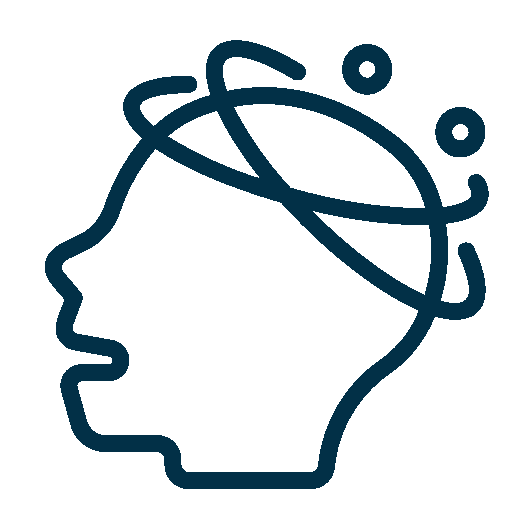
Characterized by brief episodes of vertigo triggered by specific head movements. Just like the name, it is relative to the position or sudden movements. It may happen while playing, driving, or dancing or even when you least expect it.

Involves recurring episodes of vertigo, hearing loss, tinnitus, and a feeling of fullness in the affected ear.
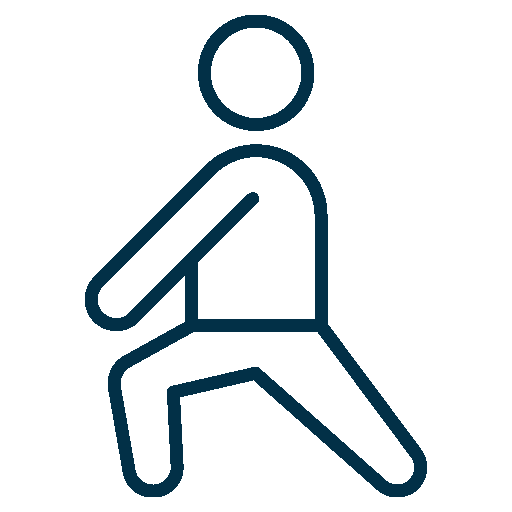
Resulting from inflammation of the vestibular nerve or inner ear structures, causing sudden vertigo and imbalance.
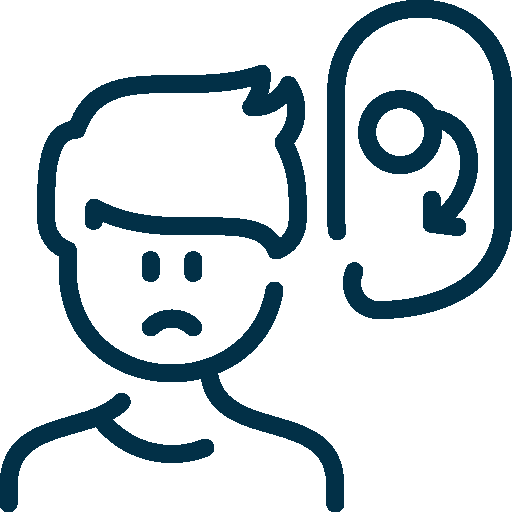
Concussions can disrupt the vestibular system, leading to symptoms like dizziness and imbalance. Even the mildest concussions should be addressed be either your healthcare provider or a physiotherapist, to rule out any serious conditions.
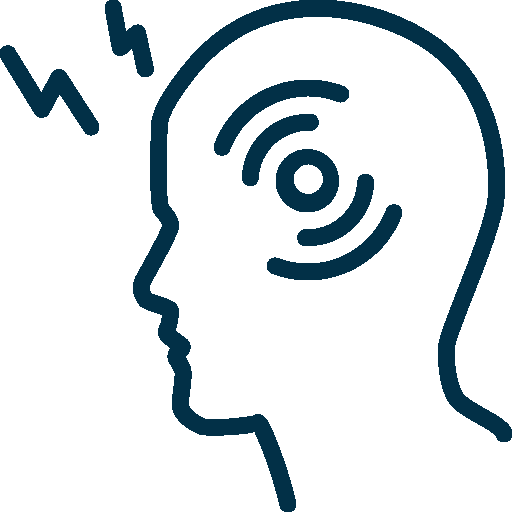
Migraine headaches accompanied by vestibular symptoms like dizziness, vertigo, and sensitivity to motion. Migraines may require regular attention and massage for migraine can help you with that, contact us today to book a massage therapy in Mississauga for migraine.
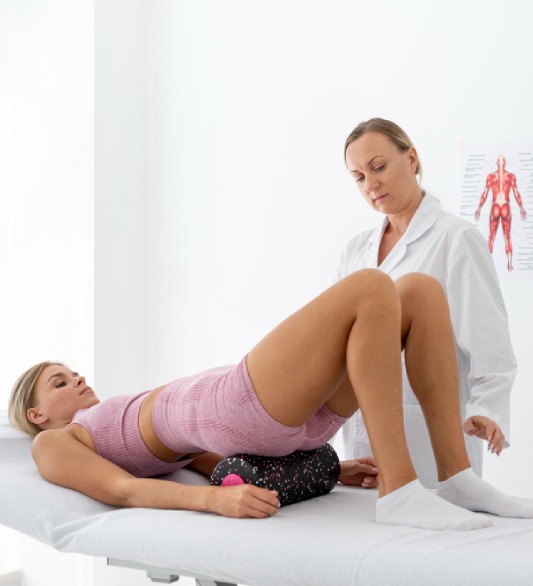
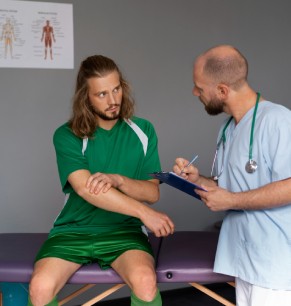

At Sterling Physiotherapy, we are committed to helping you recover from pain, regain mobility, and enhance your overall quality of life. Why let discomfort and stiffness hold you back? Our experienced physiotherapists in Hamilton create personalized treatment plans to help you get back to doing what you love.
Book your appointment today and take the first step toward a healthier, more active life in Hamilton!
Book Appointment
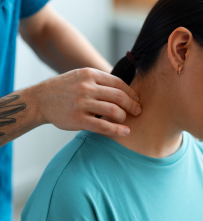
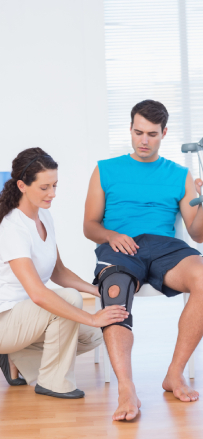
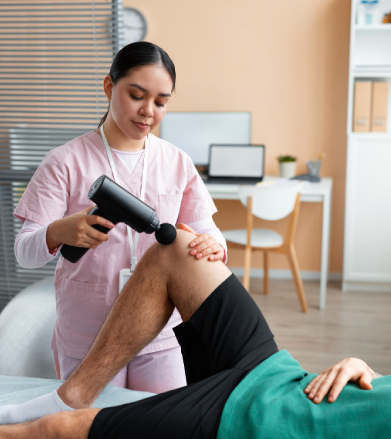

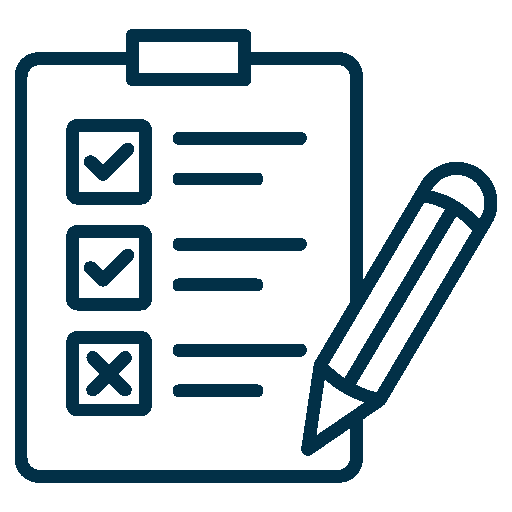
We conduct a thorough assessment to identify the specific vestibular problem and understand its impact on your daily life.
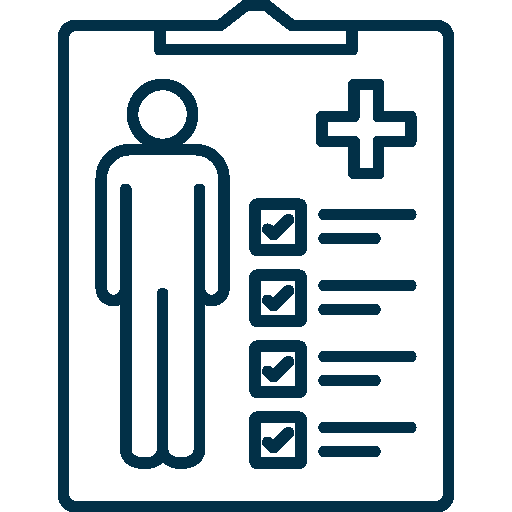
Based on the assessment results, we create a personalized treatment plan tailored to your needs, targeting the underlying causes and symptoms of your vestibular condition.
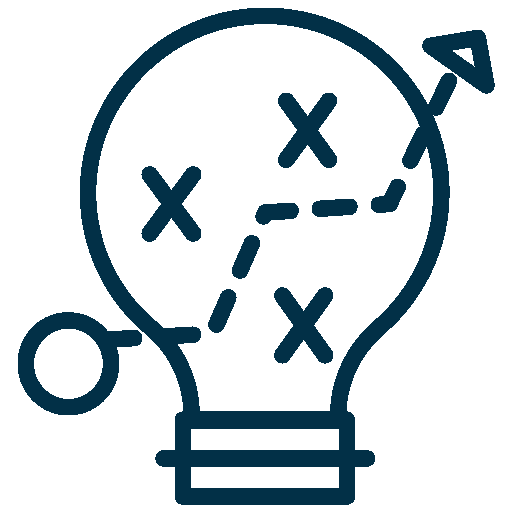
Exercises that focus on improving balance, coordination, and proprioception are prescribed to enhance stability and reduce the risk of falls.
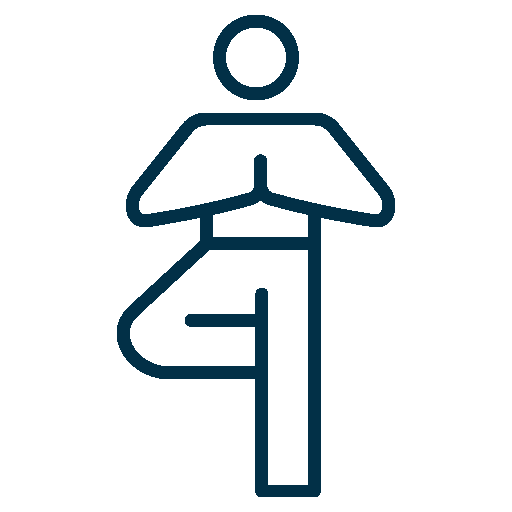
Exercises that focus on improving balance, coordination, and proprioception are prescribed to enhance stability and reduce the risk of falls.
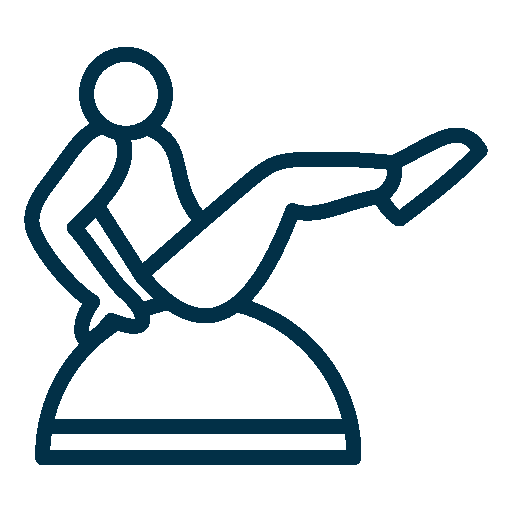
Eye-head coordination exercises help improve visual focus during head movements and reduce dizziness and disorientation.
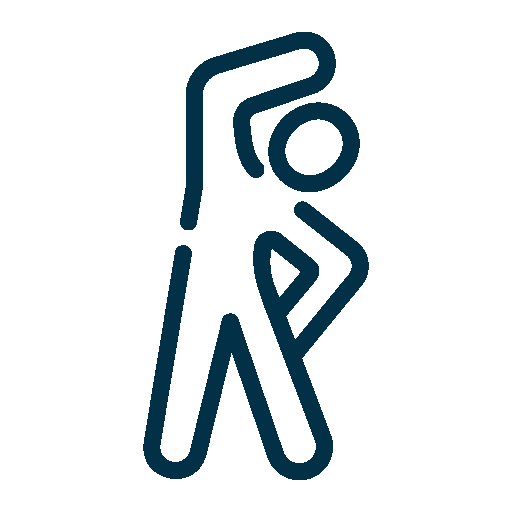
By gradually exposing you to specific movements that trigger symptoms, habituation exercises aim to reduce sensitivity and increase tolerance to motion.
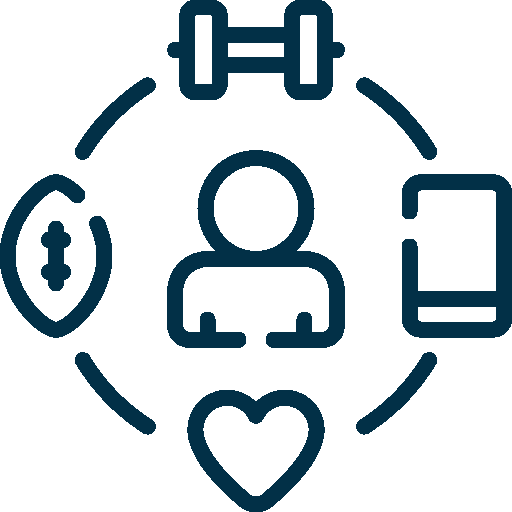
We provide guidance on adapting your daily activities and implementing strategies to minimize triggers and manage symptoms effectively.
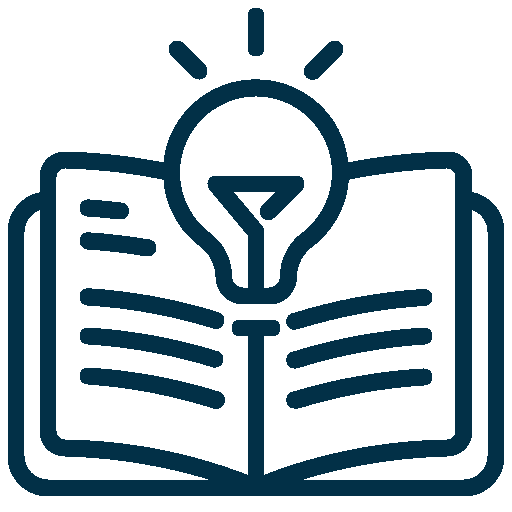
We empower you with knowledge about your condition, offering strategies for self-management, symptom control, and prevention of future episodes.
Physical therapy can be very beneficial for individuals suffering from careful paroxysmal position tigo (BPPV). BPPV is a condition that causes dizziness and dizziness due to displacement of calcium crystals in the inner ear. Physical therapy treatment for BPPV includes specific head and body movement to change the displaced crystals.
This treatment is called Canalith Repairing Maneuver (CRM) or Appli maneuver. The physiotherapist will guide the patient through these movements, which can help reduce the symptoms of BPPV and prevent future episodes. Physical therapy can also include exercises to improve balance and coordination, which may be affected by BPPV. Overall, physiotherapy can be an effective and non-invasive treatment option for people with BPPV.

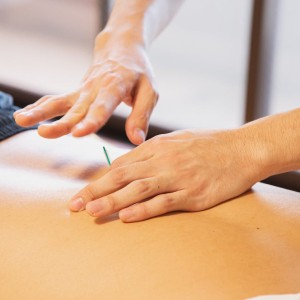
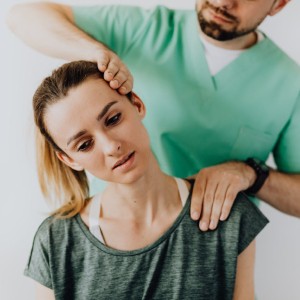
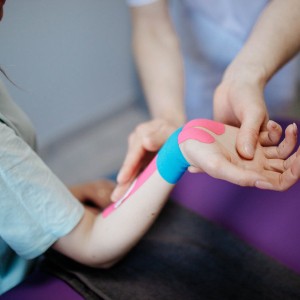

Here you can expect what to expect during your vestibular therapy hours:

At Sterling Physiotherapy Hamilton, Our Experienced Vestibular Rehabilitation Team Is Dedicated To Helping You Overcome The Challenges Posed By Vestibular Disorders. Contact Us Today To Schedule A Consultation And Start Your Journey Toward Restored Balance And Improved Well-being.
In Most Cases, A Referral From A Physician Is Not Required To Receive Vestibular Rehabilitation. However, It Is Advisable To Consult With Your Healthcare Provider To Ensure An Accurate Diagnosis And Appropriate Treatment Plan.
Yes, Vestibular Rehabilitation Has Proven Effective In Managing Chronic Dizziness And Imbalance. By Addressing The Underlying Vestibular Dysfunction And Improving Compensatory Mechanisms, It Can Significantly Reduce Symptoms And Improve Quality Of Life.
The Duration Of Vestibular Rehabilitation Varies Depending On The Individual And The Nature Of The Vestibular Condition. While Some Individuals Experience Improvement Within A Few Sessions, Others May Require Several Weeks Or Months Of Treatment.
Yes, Vestibular Rehabilitation Can Benefit Individuals Of All Ages, Including Children, Adults, And Seniors. The Treatment Is Tailored To Address Specific Needs And Considerations For Each Age Group.